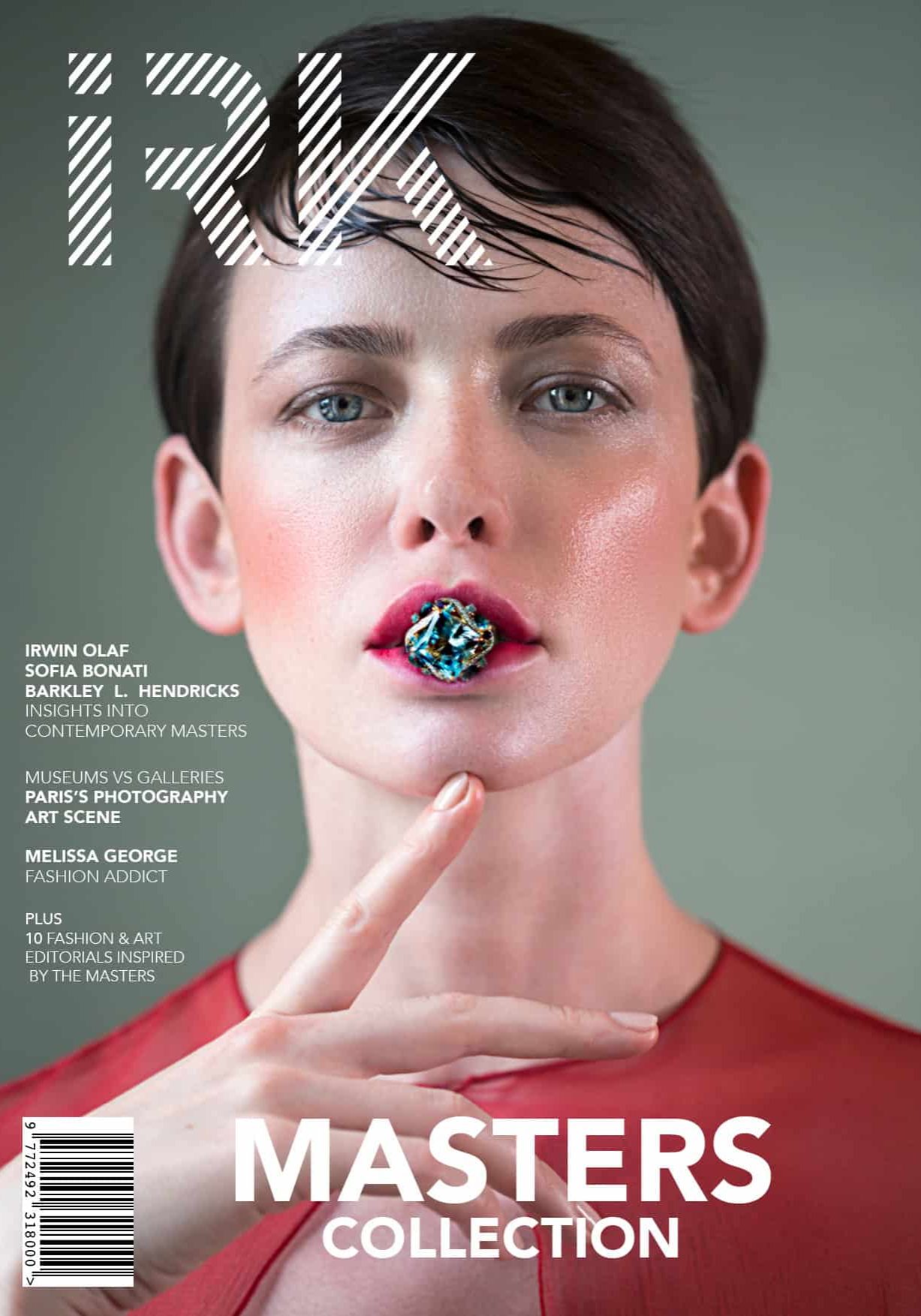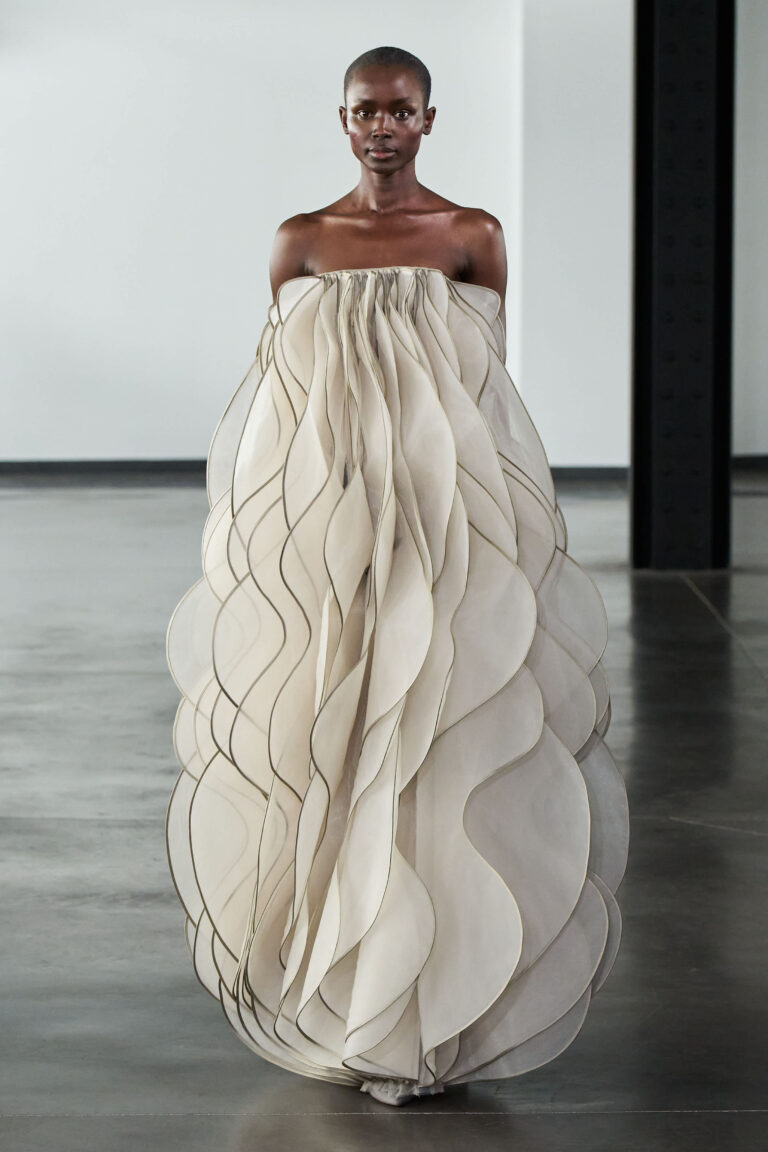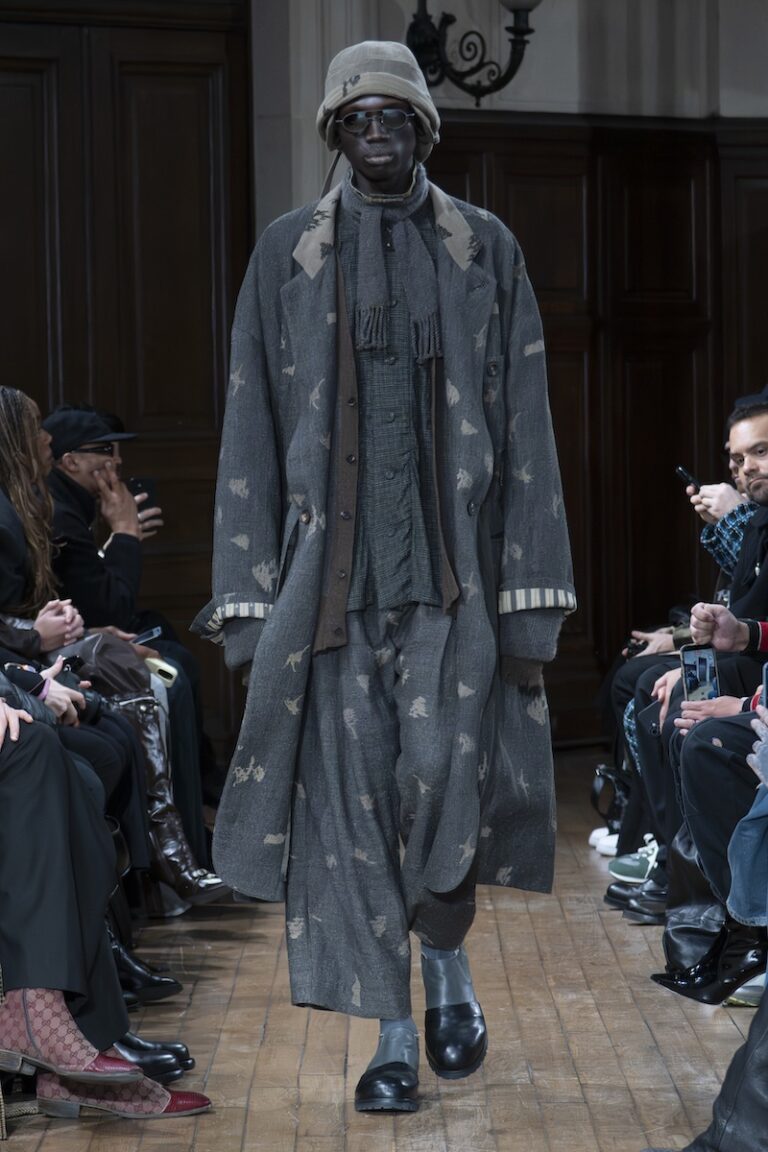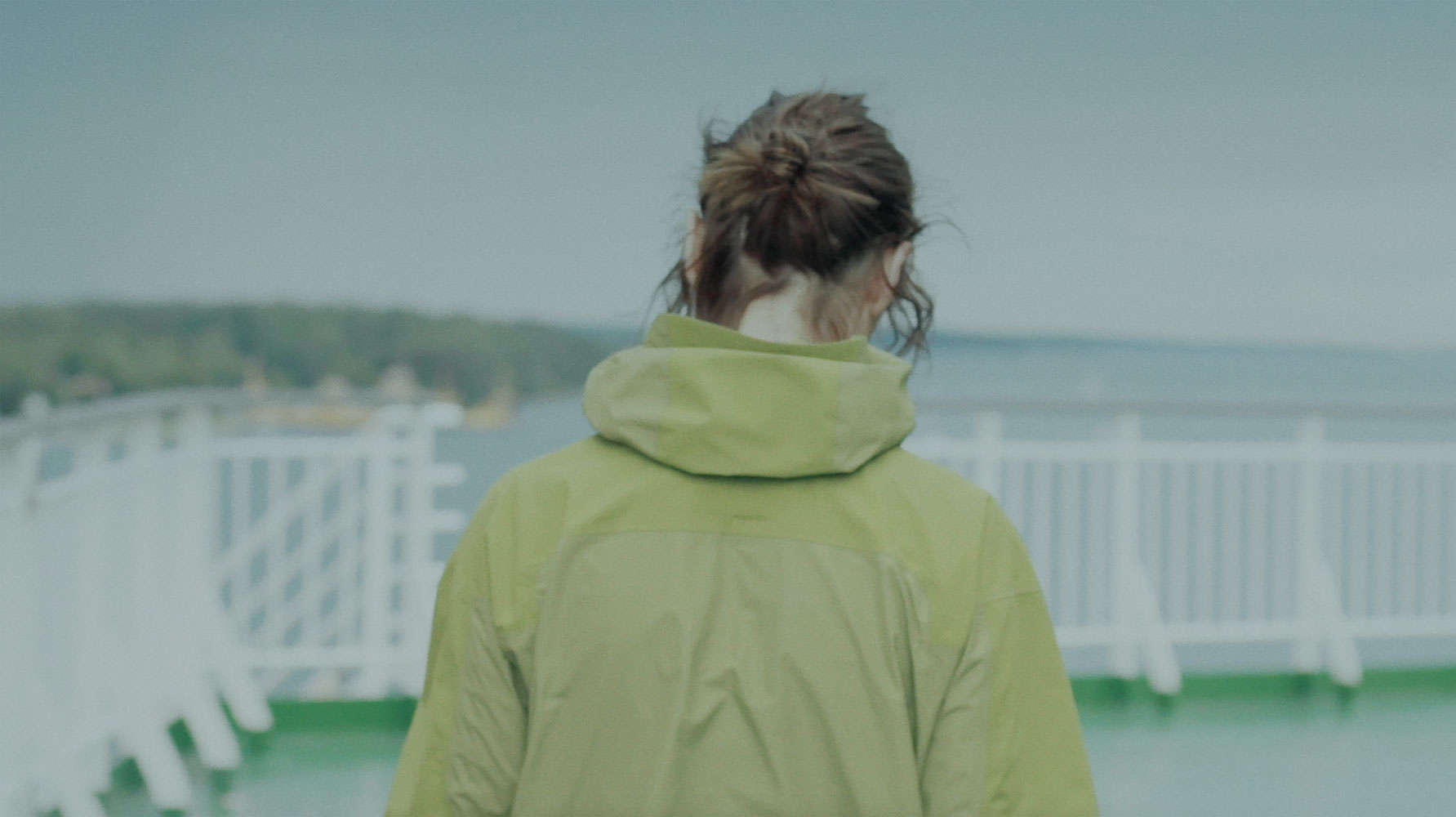
“Cinehaiku” Festival // Enter to Win!!!
IRK Magazine
We are excited to introduce to you, our creative readers, this wonderful and exciting short film festival called “Cinehaiku“. The Cinehaiku association is holding a weekly competition of poetic films in 3 sequences, between 20 and 30 seconds in length.
The first edition will take place July 7th in Gordes, in the Luberon region of southern France this year.
Every week from March 6 to June 29 there will be a weekly winner receiving 500 euros and the chance to be screened at the festival. The winner of the year’s best Cinehaiku will be invited to Gordes to receive a $10,000 prize awarded by a professional jury from the world of art, film and literature and will be given a separate, dedicated space in the festival.
SO START GETTING CREATIVE AND ENTER THIS AMAZING FESTIVAL!!!!
The idea is to inspire all of us to enjoy life through making films about the little moments. This festival wants to motivate us to create and to capture the simplicity and beauty of what we see, hear and live. It is a new way to enjoy this ancient form of poetry the “Haiku”. A fun, light and enjoyable way which is in contrast to all the serious things which go through our minds in a day.
All of the above make us curious and excited for the upcoming festival and to follow the weekly winners on https://www.instagram.com/cinehaikuofficial/
Have a look on this wonderful interview with one of the founders of Cinehaiku:
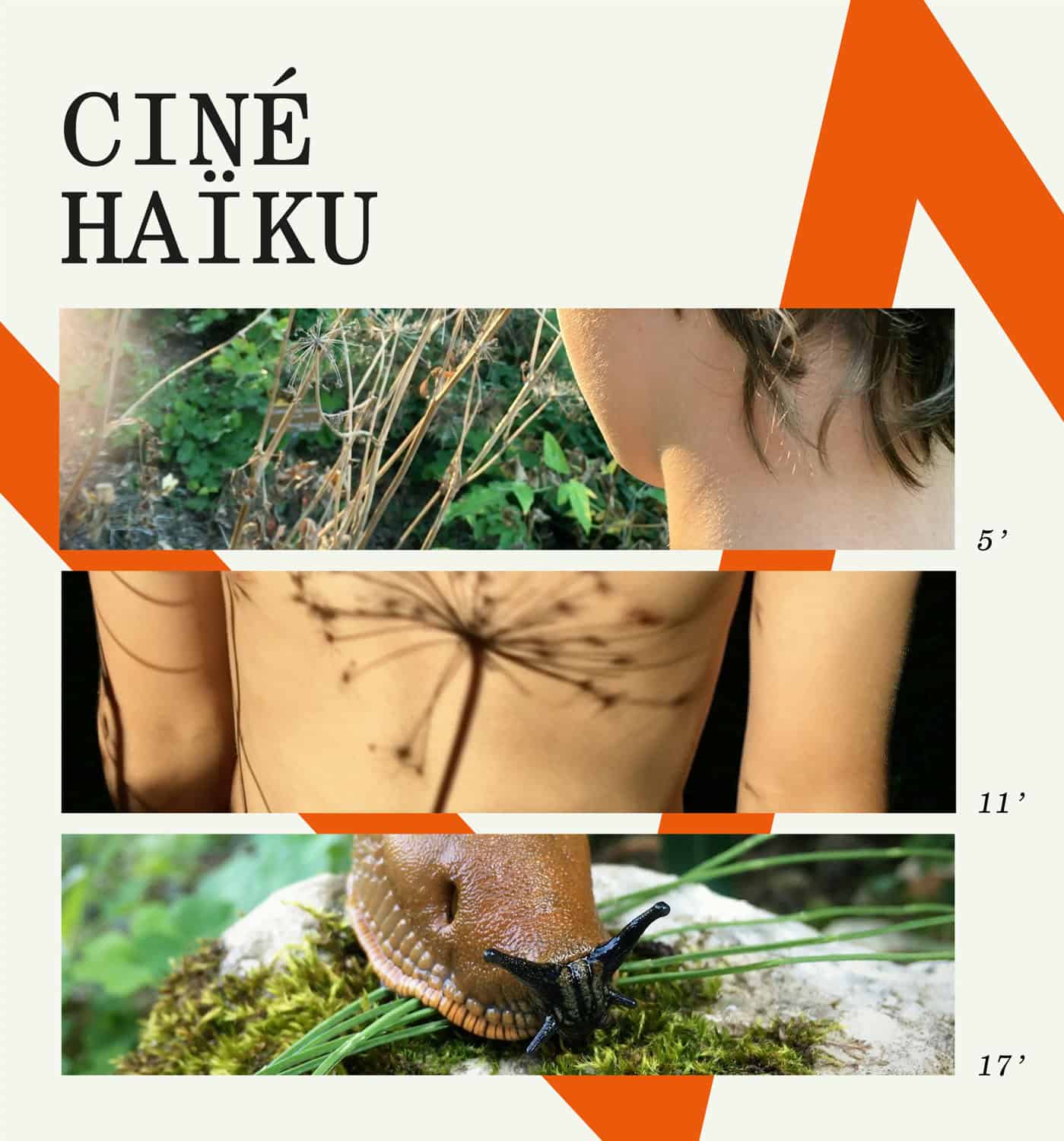
We automatically thought our creative IRK followers would be very interested in your Cinehaiku film festival! How did you come up with such an interesting concept?
Thank you for your enthusiasm. Rolland Barthes wrote an excellent book about how to write in general, named La préparation du roman, and the first chapter is about haïkus. As I began reading haikus, I felt I could see them in my mind. They do not need any image because they are so beautifully written that they stand for themselves. Still, I was curious of this link between poetry and image, and I thought we could try this as an exercice…
Is there a special reason why you decided to focus on haikus and not just short films?
Haïkus have their own rules, this is what I find the most interesting. Short films could be about anything. With haïkus you have to accept a special way of telling things, special subjects, a subtleness…
Can you tell us more about who is behind this wonderful festival, who invented the festival, and who selects the weekly winners and the final winner?
Haïkus are our stars, glory is the opposite of an haiku, which is about modesty a lot of times… And this is what we want to focus on. We all need poetry in our lives, if this could bring people together and add some beauty to the world, it would make all the team behind the cinéhaïku very happy. The weekly winners and the final winner are selected by an artistic jury.
If there is a jury who selects the winner, who are the members of this committee?
The committee will put together artists in various fields : poetry, movies of course, but also design, fashion… Poetry and the ability to see it is everywhere. For this first edition in Gordes, we are still selecting the jury.
Are you mainly interested in supporting young filmmakers and inspire them to create this new form of short movies or are you mostly interested in bringing more creativity to the world in general?
I feel everything in the world is very serious nowadays, it makes too much sense… There is a need for poetry in a modern way. Something beautiful, maybe a bit foolish, that does not have a purpose… If it helps young filmmakers it would be great, but the general idea is to have fun enjoying poetry.
« The kitten
holds down the leaf
for a moment »
(Issa)
Don’t you want to see that in a cinéhaïku ? Just for the beauty of it ?
Your conditions of participation seem to be very complex and abstract. Are these conditions just a guideline or are they strict rules which have to be followed? If so how literally should they be interpreted?
We wanted to share the beauty of haïkus with everyone. Writing a haïku is something quite precise : you have to give a clue about the season, there is no violence or symbol in a haïku, it is supposed to bring you peace. I did not want to diminish the power and value of haïkus : the explanation had to be true to the haïku complexity. But the filmmakers are free to interpret it exactly the way they want. “A sentence that’s short and sweet with a sudden jump of thought in it, is a kind of haiku” as Jack Kerouac wrote, this is easy to understand.
In the guidelines you state that a haiku should not be about love because love is selfish. Do you want to be provocative and start discussion with those statements?
This is not exactly what I wrote… Love and expressing love is talking about « me », « myself » and « I », my feelings, and this is not japanese at all, and maybe it should not be in a haïku… You should try to find ways to express it in a subtle way, or find something to tell that does not put yourself in that first position…
Is there anything else you would like to share with our readers?
« How admirable he is
who does not think « life is ephemeral »
when he sees a flash of lightening ».
(Basho).
More Info:
Home
Share this post

